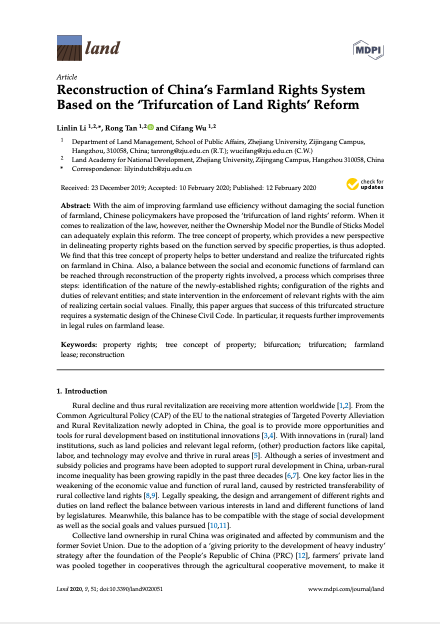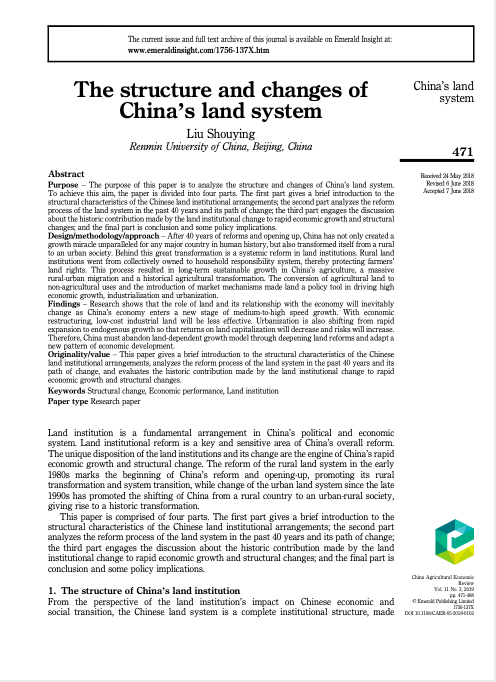Rethinking the role of agriculture as a driver of social and economic transformation in Southeast Asia's upland regions: The view from Chin State, Myanmar
Mainstream analysis of contemporary livelihood transformations and rural development in the upland regions of Southeast Asia has hitherto focused primarily on the role of agricultural commercialization and cash crops. This is reflected in policy narratives that conflate the fortunes of rural households to the expansion of a particular kind of entrepreneurial agriculture. In this article, we problematize the dynamics of economic and social change in the little-studied uplands of Chin State, Myanmar, against this policy backdrop.



